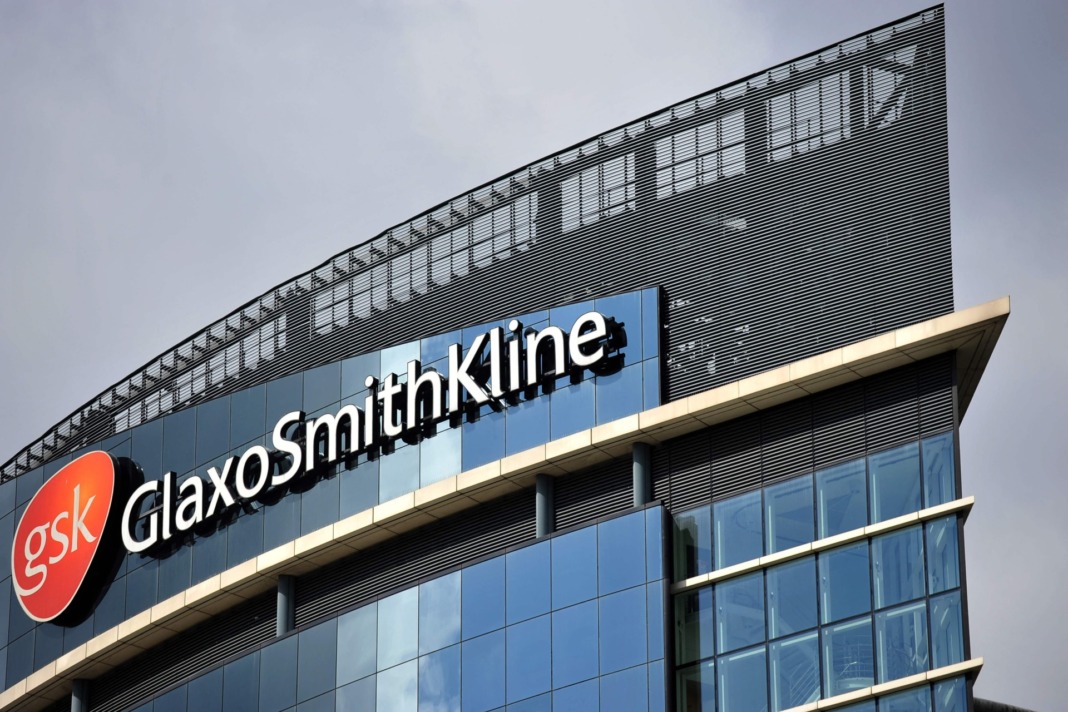In a groundbreaking development for GlaxoSmithKline (GSK.L), the pharmaceutical giant announced on Monday that its blood cancer drug, Blenrep, has achieved a significant milestone in a late-stage clinical trial. This success comes as a ray of hope for GSK’s cancer unit, which has faced setbacks in recent times.
Blenrep, when combined with the existing drugs bortezomib and dexamethasone, exhibited a remarkable extension in the time before disease progression or death among patients suffering from relapsed or refractory multiple myeloma. This form of blood cancer, identified as the third most common type, has been notoriously challenging to treat.
Blood cancer, encompassing various malignancies affecting the blood, bone marrow, and lymphatic system, remains a formidable challenge in the realm of oncology. The term encompasses a spectrum of disorders, including leukemia, lymphoma, and myeloma, each presenting distinct complexities in diagnosis and treatment. Multiple myeloma, the specific focus of GSK’s Blenrep, stands out as the third most common type of blood cancer, characterized by the abnormal proliferation of plasma cells in the bone marrow. These conditions often pose unique hurdles due to their intricate biology and the variability of patient responses to treatment.
The positive outcome of the late-stage trial, named “DREAMM-7,” holds particular significance considering Blenrep’s turbulent history. Last year, the drug was withdrawn from the U.S. markets after failing a separate late-stage study designed to establish its superiority over an existing treatment. Furthermore, in September, the European Union’s drug regulator recommended against renewing the conditional marketing authorization for Blenrep, dealing a blow to GSK’s strategic plans for its oncology unit.
The recent success in the DREAMM-7 trial presents an opportunity for GSK to reevaluate Blenrep’s position in the market and explore possibilities for expanding its usage. Blenrep falls within the category of antibody-drug conjugates, a promising class of treatments characterized by engineered antibodies that bind to tumor cells and subsequently release cell-killing chemicals.
GSK emphasized that the study not only met the primary goal of progression-free survival but also revealed a “strong and clinically meaningful overall survival trend.” Overall survival is a crucial metric, measuring the proportion of trial patients on the drug who remained alive compared to those on a placebo. Progression-free survival, the key goal achieved in this study, signifies the duration during which a person lives with the disease without it worsening after treatment.
Blenrep, despite its past setbacks, played a substantial role in GSK’s oncology business in 2022, ranking as the second-largest contributor. Remarkably, the drug has generated approximately £30 million ($37.38 million) in sales year-to-date.
The positive outcome of the DREAMM-7 trial not only holds promise for GSK’s oncology unit but also positions Blenrep as a strong contender for re-entry into the market. This success underscores the resilience of innovative treatments in the dynamic landscape of cancer research.
As GSK navigates the regulatory landscape and evaluates the commercial potential of Blenrep, stakeholders and patients alike await further developments with anticipation. The positive momentum generated by the DREAMM-7 trial serves as a testament to the ongoing commitment of pharmaceutical companies to push the boundaries of medical science in the pursuit of effective cancer treatments. In the ever-evolving field of oncology, this breakthrough marks a notable step forward in the quest for improved outcomes and enhanced quality of life for individuals battling blood cancers.



